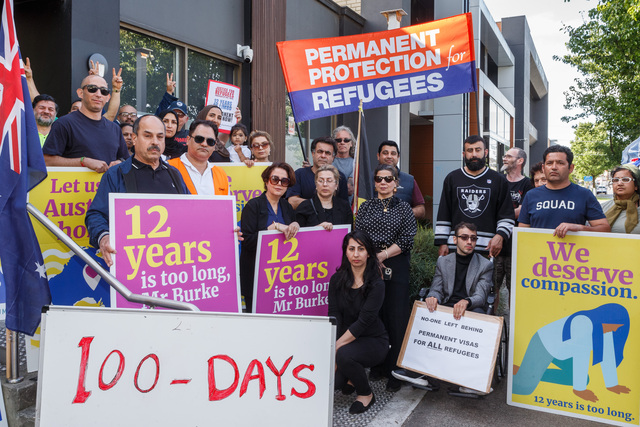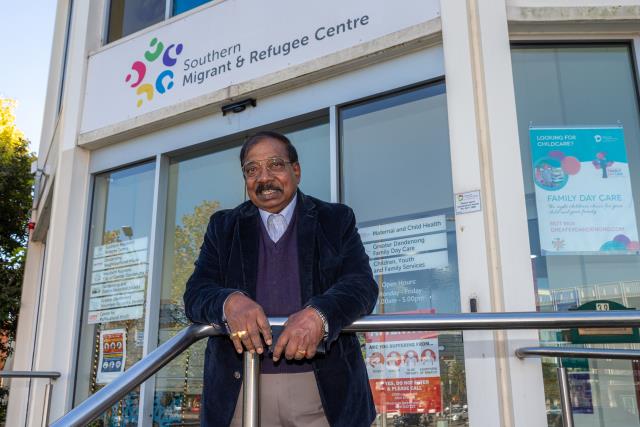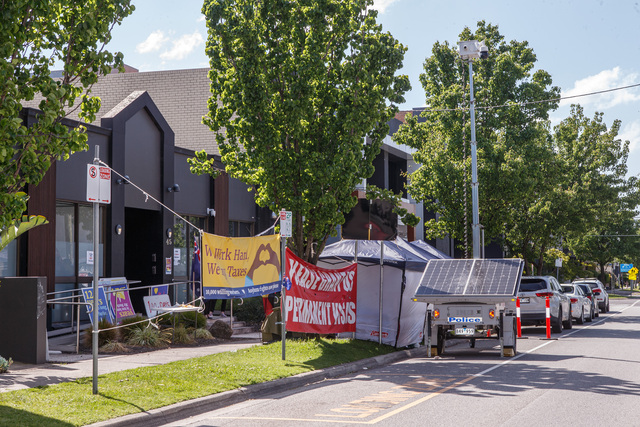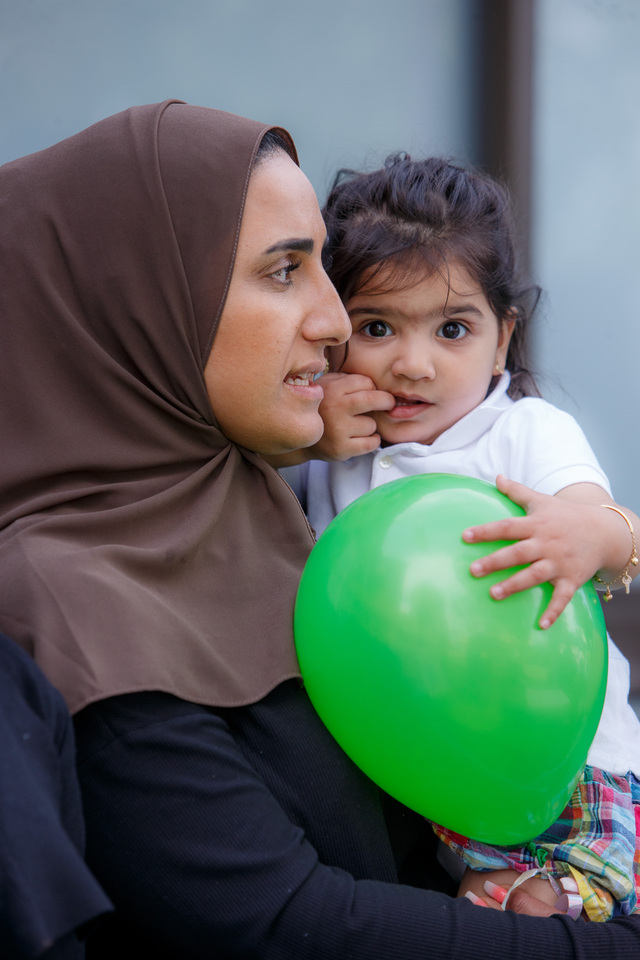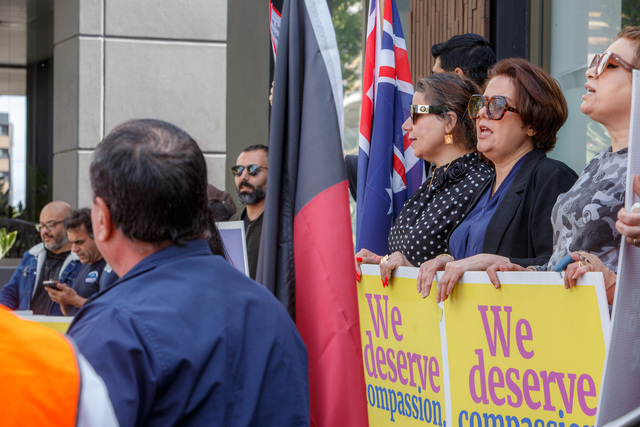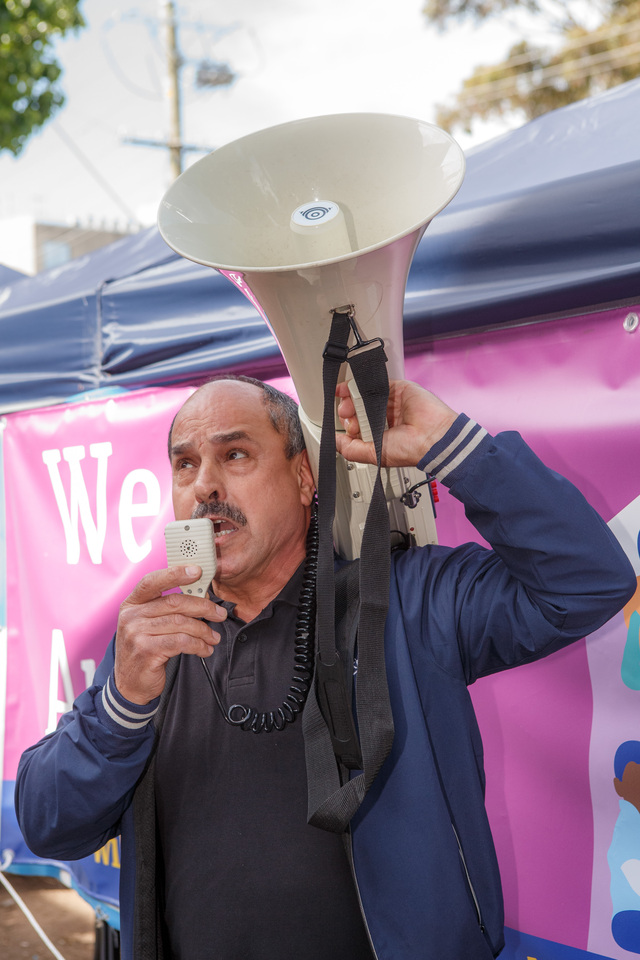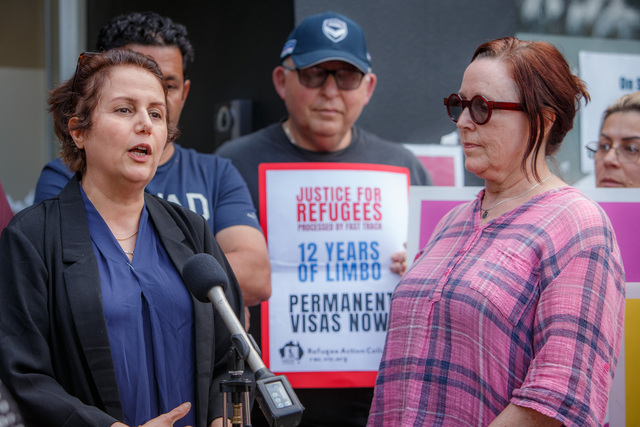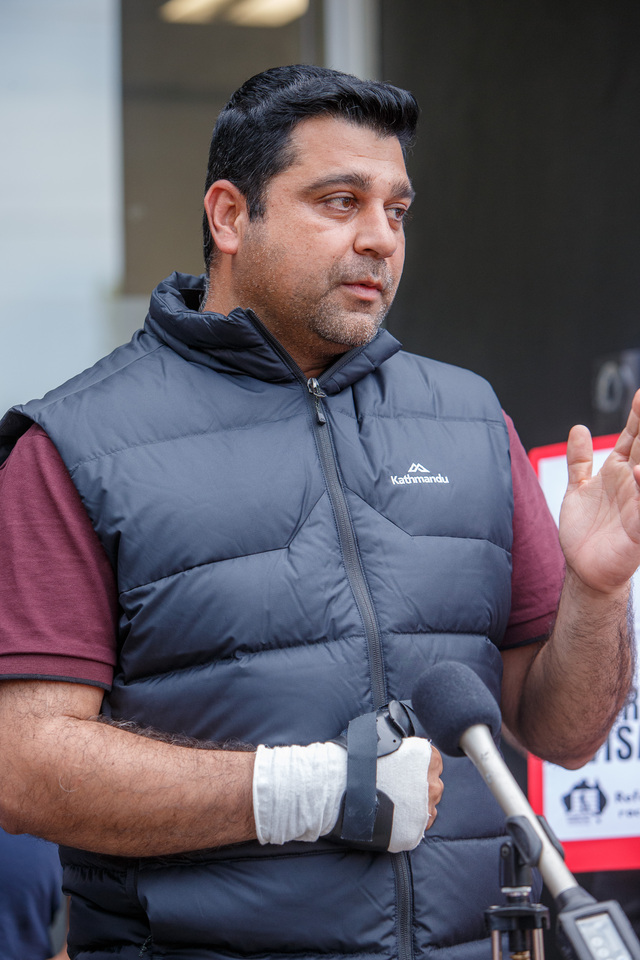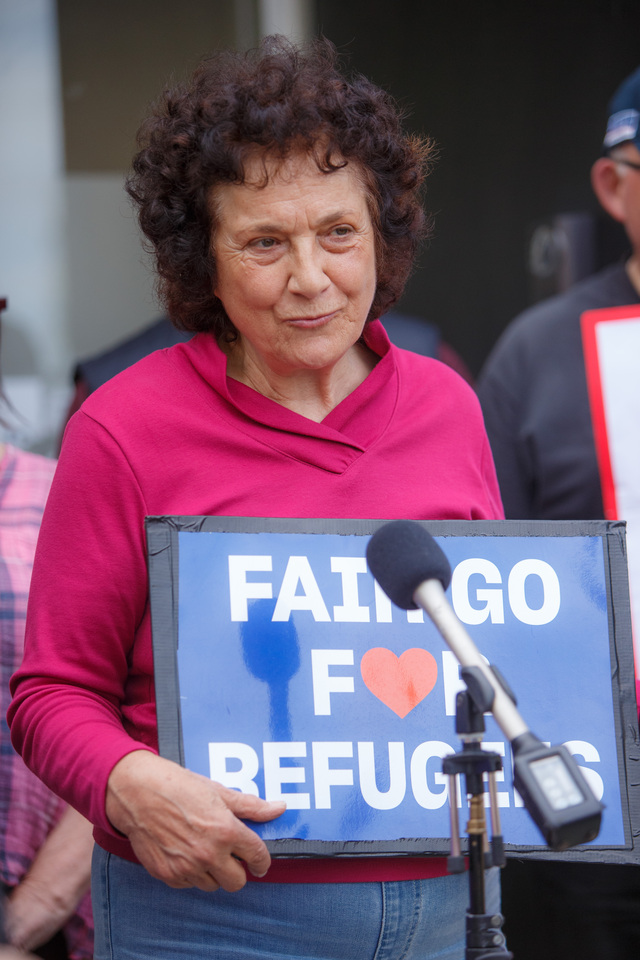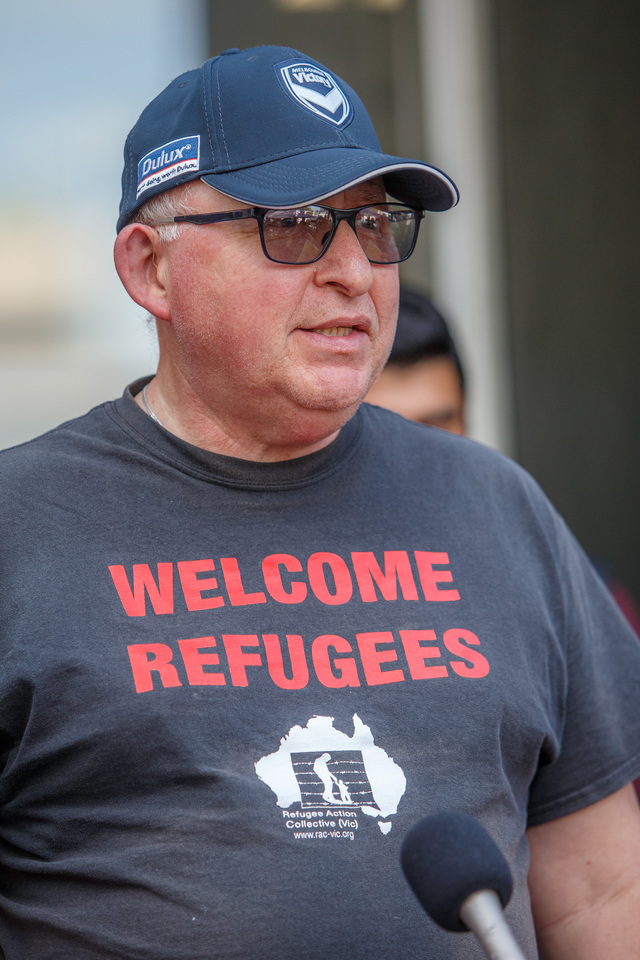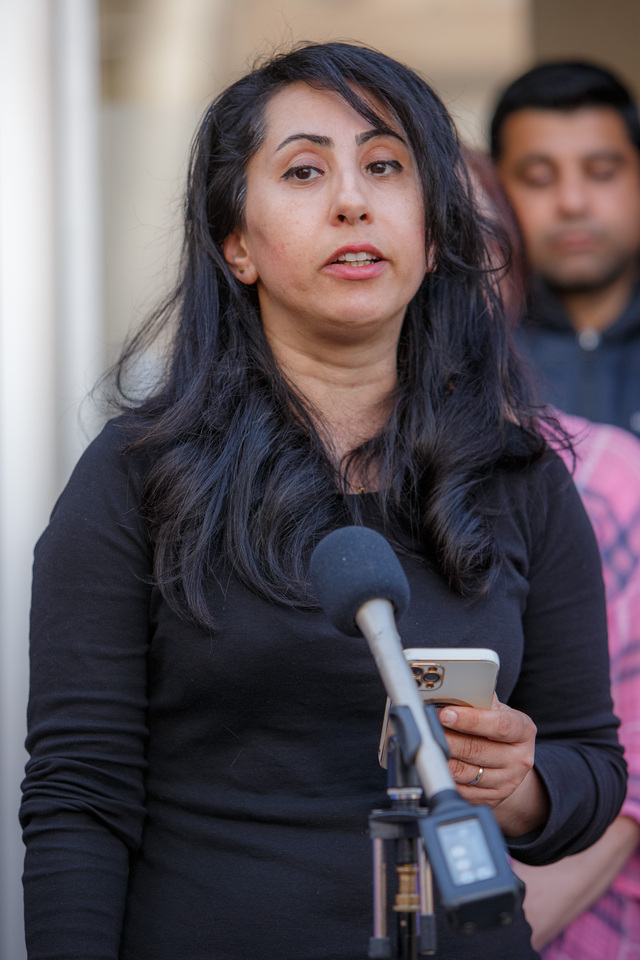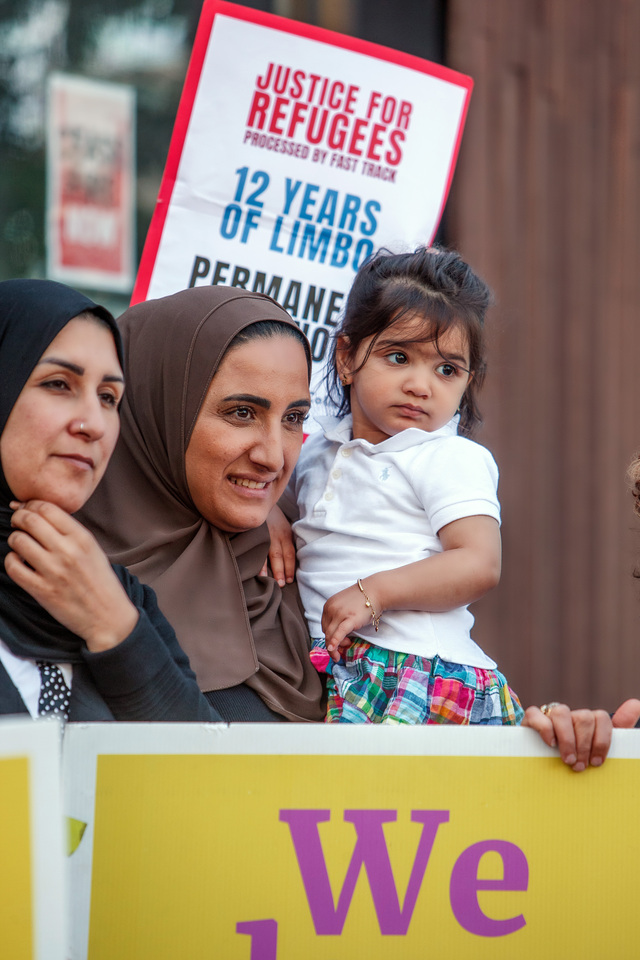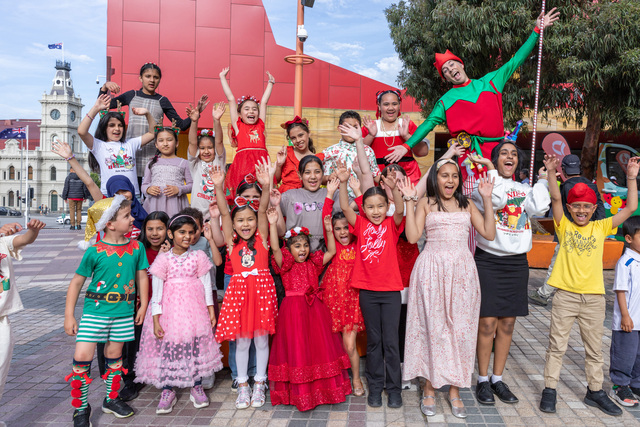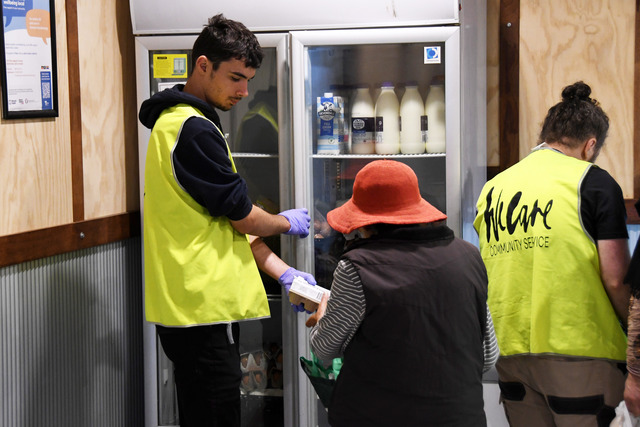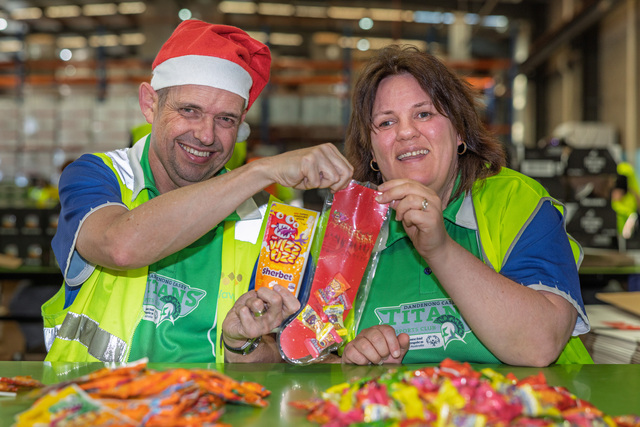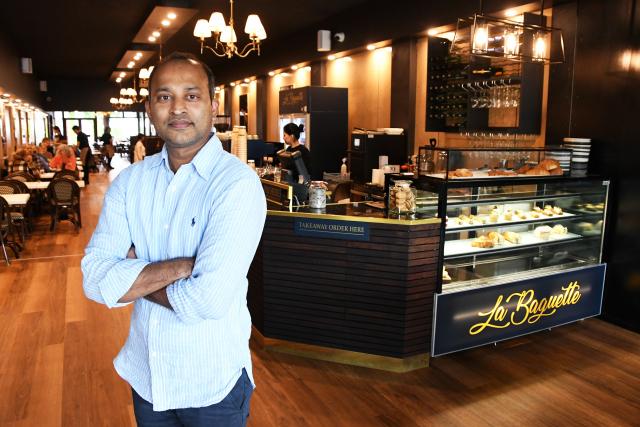Asylum seekers who remain in limbo under a previous government’s Fast Track system say they are still denied a pathway to permanent protection.
A milestone of 100 days of a refugee protest encampment in Melbourne’s CBD was celebrated outside Bruce MP Julian Hill’s office in Dandenong on Wednesday 23 October.
Among the guest speakers were David Glanz from Refugee Action Collective (RAC) and Marie Hapke from Australia Refugee Advocacy Network.
Protestors were recognised as “tough people” who’ve spent up to 12 years in limbo – after having fled persecution and getting on a boat to Australia. They were hailed as “heroes” and “victims of the Fast-Track system”.
One of the speakers Parisa Ramak said all of the protestors were on Bridging Visas who were rejected by the Fast Track system awaiting a judicial review since 2018 and only a few have no visa at all.
The group had initially started their advocacy outside then-Home Affairs Minister Clare O’Neil’s electorate office in Oakleigh in July 2023. A cabinet reshuffle led to some of the encampment heading to the Department of Home Affairs in Melbourne CBD just over 100 days ago.
Others have congregated 24/7 in front of Immigration and Multicultural Affairs Assistant Minister Hill’s office in Dandenong since 16 September.
As of June, there were more than 1000 ‘unauthorised maritime arrival’ bridging visa holders in Greater Dandenong and Casey.
The most (480) were in the Dandenong postcode, with 111 in Doveton, 97 in Noble Park, 94 in Springvale, 58 in Cranbourne, 45 in Hampton Park, 40 in Endeavour Hills, 37 in Hallam, 26 in Dingley Village/Springvale South, 21 in Narre Warren and 14 in Clyde/Clyde North.
More than half of the 4128 in Victoria were from Iran and Sri Lanka.
Bruce MP Julian Hill recently stated the Government has implemented its election promise for permanent protection for people with TPV and SHEV visas.
“Almost 18,000 of the 19,000 Temporary Protection Visa holders in limbo for a decade under the Liberals have now been granted permanent visas and many others from the Bridging Visa caseload are now also now able to apply for permanent protection,” he stated to Star Journal in August.
“The legacy of the remaining caseload is complex, and every case is different and needs to be worked through individually.”
Wicki Wickiramasingham, a refugee advocate and ALP member for 25-plus years, however says bridging visa holders are “suffering” with no clear pathway for permanent protection.
A pathway is needed before a possible change of government at the next federal election, he argues.
“If they can apply for permanent residency, why can’t the Government advertise how they can apply? What is the answer for these people?
“At the moment they’re on either three-month or six-month bridging visas, meaning they have to pay $200 each time to re-apply for a bridging visa with a work permit.
“They don’t get any social security so they need the work permit to pay their rent and support their families.”
In early September, Wickiramsaingham, who is also deputy chair of Southern Migrant and Refugee Centre, wrote a letter to Prime Minister Anthony Albanese and Immigration Minister Tony Burke calling for the urgent resolution of the refugees’ visas.
“The prolonged uncertainty these individuals and families face has resulted in profound hardships, including barriers to education for their children, significant mental health issues,” he wrote.
“A swift resolution would allow these individuals to finally settle, rebuild their lives, and contribute fully to our community without the constant fear and uncertainty that currently overshadow their existence.”
He says he’s yet to receive a reply.
Aran Mylvaganam from Tamil Refugee Council says the Government could “fix the situation tomorrow if they had the will”.
“None of these refugees can apply for permanent residency, the government has done nothing around that.
“All the refugees have one simple case, the same case as the Biloela family (from Queensland).
“They have been part of the community for more than 12 years, have deep connections. People who make up different political spectrums want them to stay in the country.
“All it takes for these people to get their permanent residency is a signature from the Minister.”
A spokesperson for the Department of Home Affairs say the Government has “taken steps to reform the migration and protection visa review processes” through the Administrative Review Tribunal (ART) established on 14 October this year.
“The Government is focused on providing those who engage Australia’s protection obligations a chance to continue their lives in Australia with certainty and security.
“Individuals who were unsuccessful under the fast track system, but who have new protection claims related to changes in their country of origin or personal circumstances may seek Ministerial Intervention. Further information is available on the Department’s website.”
However, those who “do not engage protection obligations, who are not awaiting a merits or judicial review outcome, and who have exhausted all avenues to remain in Australia, are expected to depart Australia.”

